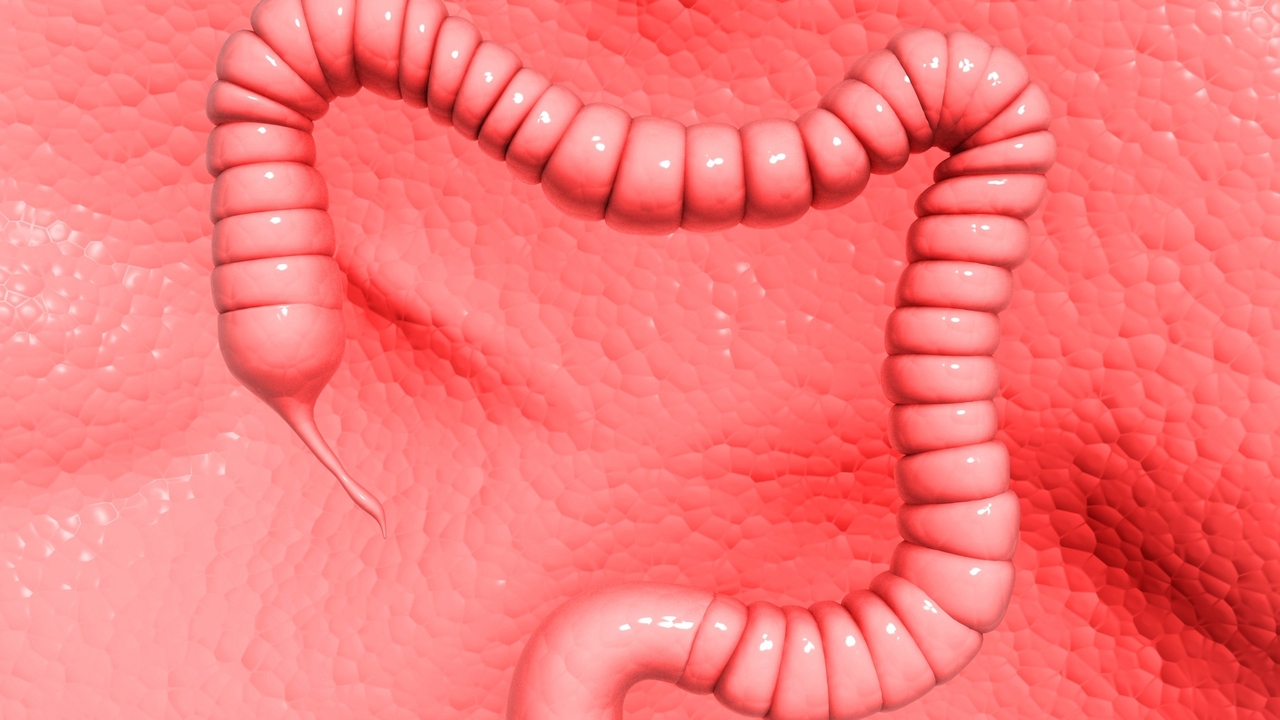A study carried out at 13 medical centers in VA, USA, and published in the Journal of the American Medical Association found that vitamin D reduces the risk of getting colon cancer.
For three years, 3,121 people who didn't have cancer were followed. They were all given a colonoscopy to check for the presence of polyps and those who had large polyps were compared with those who didn't.
Full medical, family and lifestyle histories were taken from each participant to determine if they smoked, what their diet was like, their cholesterol level, how often they exercised, their level of alcohol intake, whether they took asprin or ibuprofen or other anti-inflammatory drugs, whether they were obese and if any family members had ever had colon cancer previously.
Three hundred and twenty nine people were diagnosed with 'advanced' large polyps and a further 391 people had hyperplastic, or small polyps.
Factors which seemed to be common among those people who did not have polyps, were:
1. A regular intake of cereal
2. Vitamin D intake
3. Use of anti-inflammatory drugs
Other less significant factors included:
1. Physical exercise
2. Daily multi-vitamin use
3. Intake of calcium from meat products
A person's weight or colesterol level did not seem to influence whether they got colon cancer or not.
The study concluded:
"The inverse association was found with cereal fiber intake greater than 4.2 g/d, vitamin D intake greater than 645 IU/d, and daily use of NSAIDs. Our data endorse several important risk factors for advanced colonic neoplasia and provide a rationale for prudent risk reduction strategies. Further study is needed to determine if lifestyle changes can moderate the risk of colorectal cancer."
Where Can You Get Vitamin D From?
Vitamin D is available in fortified form in breakfast cereals, milk, cheese, eggs, margarine and different types of fish.
You can also take it in tablet form as a supplement and vegans can get it from the sun. Being outdoors for 20 to 30 minutes each day should produce enough vitamin D.
If you take anti-inflammatory medication, please bear in mind that they can cause the lining of your stomach to bleed and cause stomach ulcers. Long-term use also puts you at increased risk of a heart attack.
Source: JAMA. 2003;290:2959-2967
Joanna is a freelance health writer for The Mother magazine and Suite 101 with a column on infertility, http://infertility.suite101.com/. She is author of the book, 'Breast Milk: A Natural Immunisation,' and co-author of an educational resource on disabled parenting, in addition to running a charity for people damaged by vaccines or medical mistakes.






Add a CommentComments
There are no comments yet. Be the first one and get the conversation started!